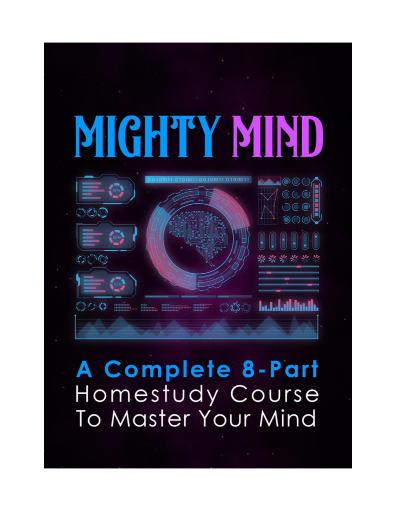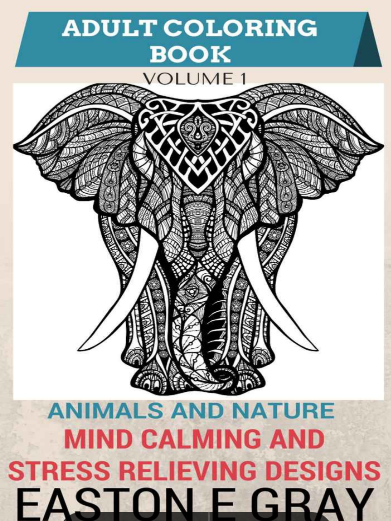The Art of Selling Yourself: Literary Perspectives on Building a Standout Resume
In the professional world, a resume is more than just a document—it's a self-portrait, a personal advertisement that conveys your value, skills, and aspirations. Literature has long explored the art of self-presentation, reflecting the ways characters craft, manipulate, and sometimes exaggerate their personas to achieve their ambitions.
In this blog post, we delve into how literature illustrates the delicate craft of selling oneself, offering insights that can transform a simple resume into a compelling narrative.
Crafting a Persona: The Foundation of a Standout Resume
At its core, a resume is a narrative of one's professional journey. In literature, characters often engage in self-promotion and image crafting that mirrors the process of building a resume. One of the most iconic examples is "The Great Gatsby" by F. Scott Fitzgerald. Jay Gatsby's entire life is a crafted persona, carefully constructed to reflect wealth, sophistication, and mystery. Though not a traditional resume, Gatsby's lifestyle and self-presentation are the embodiment of selling oneself to society's elite.
Another striking example is found in "Vanity Fair" by William Makepeace Thackeray, where Becky Sharp masterfully navigates social circles, leveraging her charm and wit as tools of self-promotion. Her ability to reinvent herself to fit any environment is akin to tailoring a resume for different roles, highlighting the importance of adaptability and strategic self-presentation.
Literary Lessons on Building a Standout Resume
When it comes to crafting the perfect resume, literature provides key insights:
Highlight Your Unique Value Proposition
In The Devil Wears Prada by Lauren Weisberger, Andrea Sachs’ seemingly mundane assistant role becomes a golden ticket to networking and career transformation. Her willingness to adapt and learn in a high-pressure environment reflects the value of highlighting unique experiences that set you apart.
Embrace Reinvention When Necessary
In Catch Me If You Can by Frank Abagnale, the protagonist reinvents himself multiple times—pilot, lawyer, doctor—each time crafting a believable narrative to fit the role. While fictional (and highly illegal), it underscores the power of repositioning your experiences to match your aspirations.
Focus on Narrative Consistency
In The Talented Mr. Ripley by Patricia Highsmith, Tom Ripley’s attempts at self-reinvention unravel due to inconsistencies in his story. A resume should tell a coherent story of growth and capability, with each role building on the last.
Adaptability as a Key Skill
Characters like Becky Sharp demonstrate the importance of adaptability. A resume should reflect your ability to thrive in different environments, signaling to employers that you are resilient and capable of growth.
Fictional Resumes: When Crafting Becomes Manipulation
Literature also explores the darker side of selling oneself. In works like "American Psycho" by Bret Easton Ellis, Patrick Bateman’s obsession with status and outward appearances symbolizes the hollow nature of self-promotion without substance. His fixation on business cards as a representation of status highlights the dangers of focusing solely on surface-level impressions.
Similarly, "The Circle" by Dave Eggers portrays a world where digital profiles and work histories are curated to perfection, raising questions about authenticity and the pressure to constantly present an idealized version of oneself.
The Real-World Application of Literary Lessons
Building a standout resume requires more than listing experiences—it’s about telling a story. Literature teaches us that:
Authenticity Matters: Selling yourself is important, but it must be grounded in truth.
Craft Your Narrative Thoughtfully: Like a well-structured novel, your resume should have a clear arc—demonstrating growth, learning, and achievement.
Show, Don’t Just Tell: Just as in storytelling, illustrating your skills through real accomplishments is more impactful than generic statements.
Final Thoughts
The art of selling yourself, whether on paper or in person, is a craft that requires strategic thinking and self-awareness. Literary characters who master this skill often achieve remarkable things, even if only for a while. By drawing inspiration from these fictional personas, job seekers can learn to craft resumes that do more than list qualifications—they tell a story of potential, ambition, and readiness for the next big opportunity.








